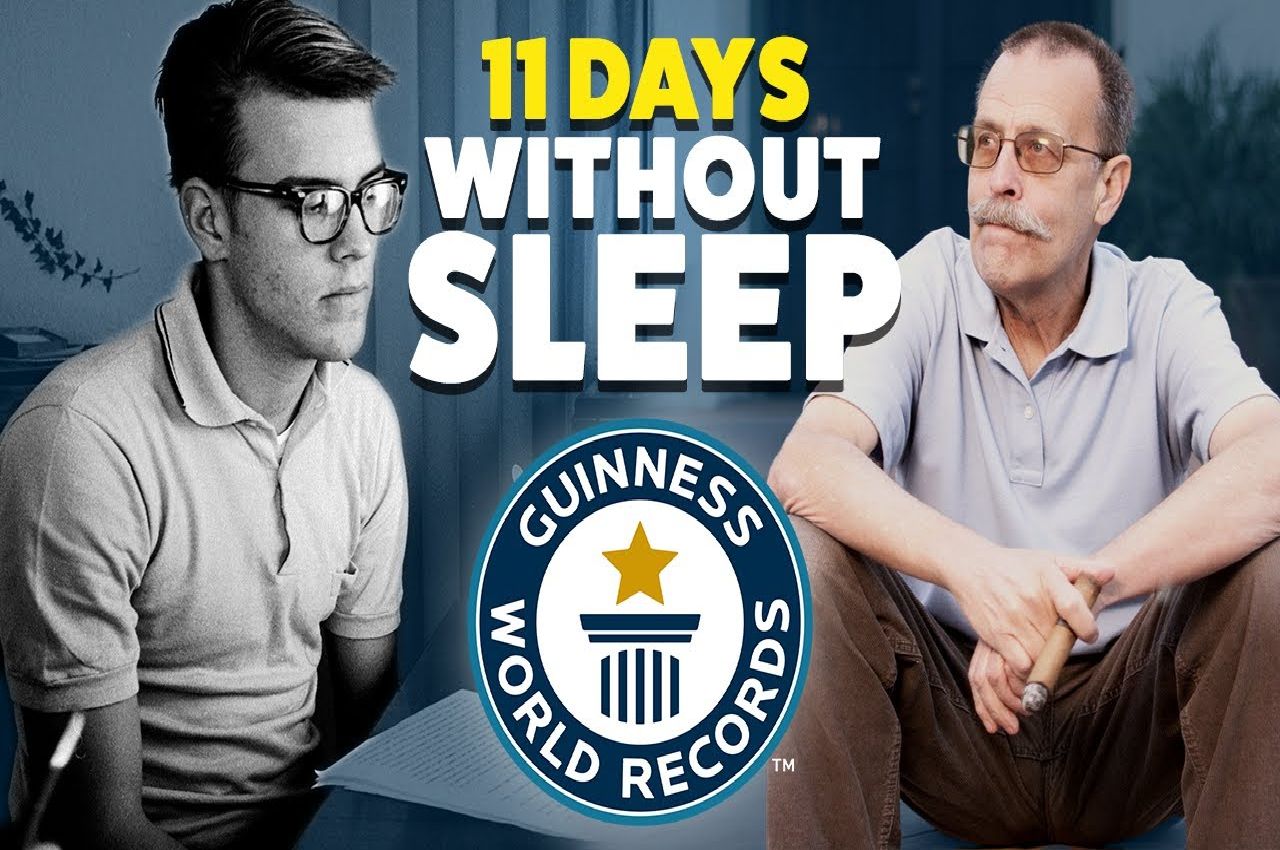New Delhi: In 1986, a man went without sleep for 453 hours and 40 minutes (19 days) and was awarded the Guinness World Record for staying awake for the longest time.
After Robert McDonald, they stopped monitoring for the longest time to stay awake because of the inherent consequences of sleep deprivation. They also say that no one has breached McDonald’s conversation since then.
According to Unilad, Randy Gardner and Bruce McAllister, two 17-year-old students, previously held the record. They both managed to remain awake for 264 hours (11 days) for their science project. Bruce McAllister confessed in an interview in 2018 that they were naive in their youth, unaware of the repercussions of spending so long without sleep.
How sleepless nights can affect you?
According to Dr William Dement, a sleep researcher at Stanford University says that sleep deprivation impacted analytical abilities, perception, motivation, memory, and motor control. People experienced hallucinations, delusions, and an abnormally short attention span, as well as long-lasting effects, but only in their 60s. People who had been suffering from insomnia for nearly a decade were able to sleep again, but only for 6 hours per night.
Tony Wright attempted to break the record in 2007, but could only sleep for 266 hours. He also discussed the effects of sleep deprivation on his body and psyche.













